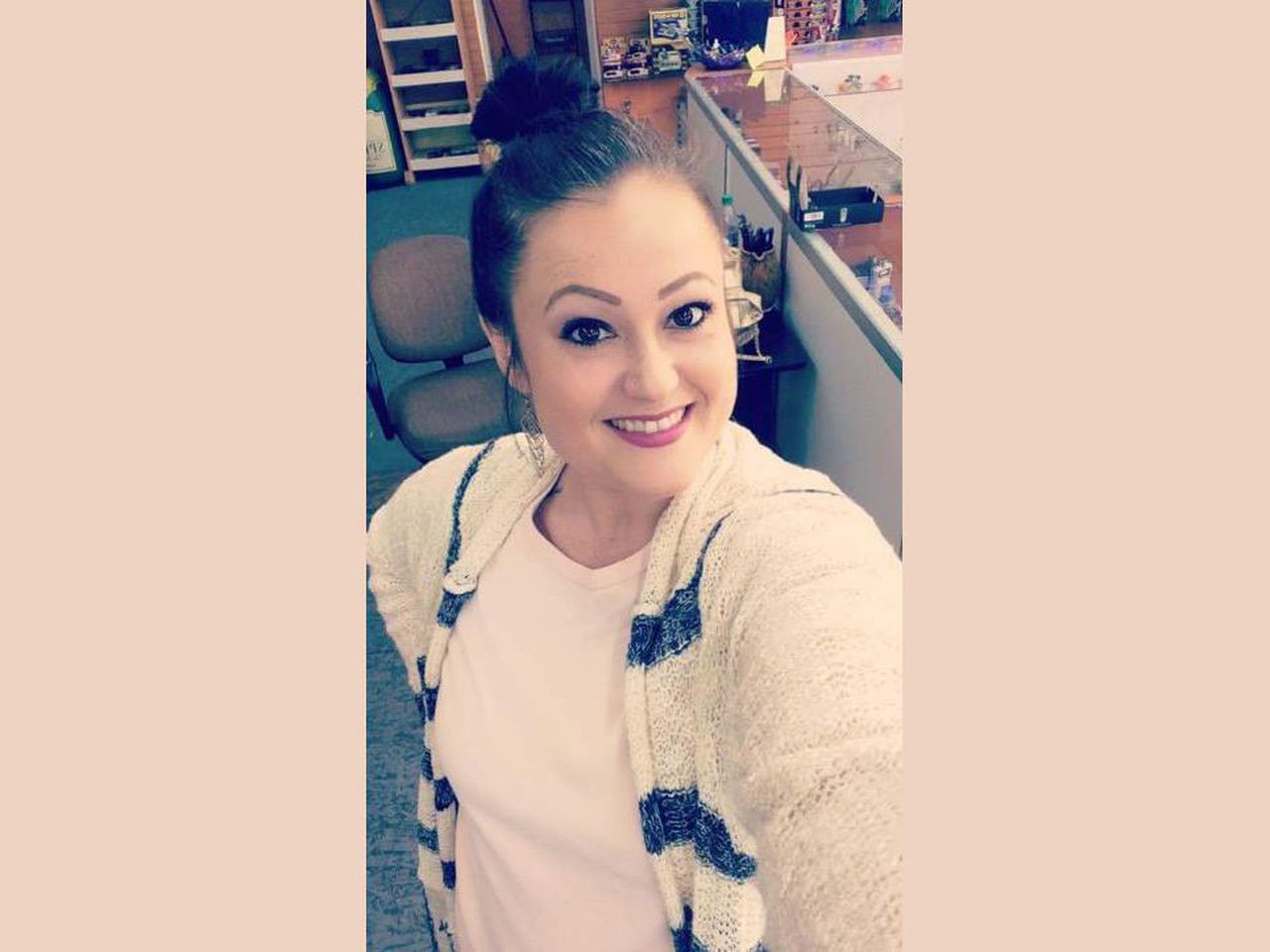Arrested over $40, dead of pneumonia in an Alabama jail. Family claims woman denied basic care.
The father of an Alabama woman who died from pneumonia in jail will get his day in court next year on allegations jail nurses never treated the ailing inmate, even as she became so weak she couldn’t stand or walk.
Autumn Harris was 34 when she died in the Walker County Jail on Dec. 5, 2018. She had been in jail for three weeks after she failed to appear at a hearing in a misdemeanor theft case. Another woman had accused Harris of stealing $40 earlier that year.
Michael Harris, Autumn’s father, filed a medical malpractice lawsuit in 2020 against Preemptive Forensic Health Solutions (PFHS), the company that provided health care services in the Walker County Jail. His attorney, Justin Jones, said Harris received no treatment for her pneumonia from health care workers inside the jail, despite disclosing the diagnosis at the time of her arrest. PFHS no longer has the contract to provide health services in the jail, Jones said.
“Pneumonia is one of the most common respiratory infections in the United States,” Jones said. “It is one of the most common reasons for hospitalizations. It’s a killer and yet it’s very treatable. In this case, there was a systemic failure from start to finish to apply well-established standard of health care to a patient. Those failures ultimately caused her death.”
Doctors at Walker Baptist Medical Center diagnosed Harris with pneumonia on Oct. 31 and gave her antibiotics, according to the lawsuit. Police officers arrested her about two weeks later. She gave jail officials her medication when she was booked, according to court documents.
Harris’s illness got worse during the next three weeks and Jones said nurses working for PFHS never documented giving her antibiotics until the final day, after she was misdiagnosed with a urinary tract infection. On Dec. 1, 2018, she reported shortness of breath and died four days later after other inmates reported she was unable to sit or stand. She also lost control of her bodily functions and urinated on herself, according to witness statements.
Despite her declining health, nurses in the jail failed to provide an inhaler or basic care, the suit says. At one point, they treated her with the anxiety protocol when she reported difficulty breathing. That includes suggestions like taking walks and yoga classes, Jones said. She asked several times to be sent to the hospital, according to the lawsuit.
Attorneys for PFHS could not be reached for comment. Roger Childers, who has master’s and bachelor’s degrees in nursing and a Ph.D. in business administration, is the founder of PFHS. According to a deposition, he referred to himself as Dr. Childers in public. His company had agreements with local doctors, dentists and psychiatrists to provide care for inmates, but there’s no documentation that Harris received any services during her three-week incarceration.
State officials who investigated Harris’s death spoke to several other inmates who said she could no longer walk to the toilet and beathed heavily during her final days in jail, according to a deposition. One said the 34-year-old had begun to hallucinate and called her “Momma.”
On the morning of Dec. 5, another inmate told investigators she heard Harris moaning before breakfast. She was unresponsive by breakfast time and correctional officers started CPR.
An autopsy determined that Harris died from pneumonia. Jones said her lungs weighed about four times the normal amount when the autopsy was performed. They were filled with fluid and infection, Jones said.
“The autopsy was a brutal picture of just how far the disease had progressed over time,” he said.
The trial is scheduled for May 2023. Jones said the main issue is the standard of care. Inmates treated by nurses inside of jails are entitled to the same quality of care as any other patient in another health care setting.
“I don’t see how any normal person could look at this and not be devastated by just how easily it could have been treated and handled and she’d still be here,” he said. “Over something as frivolous as $40, she went through a very difficult death experience.”
